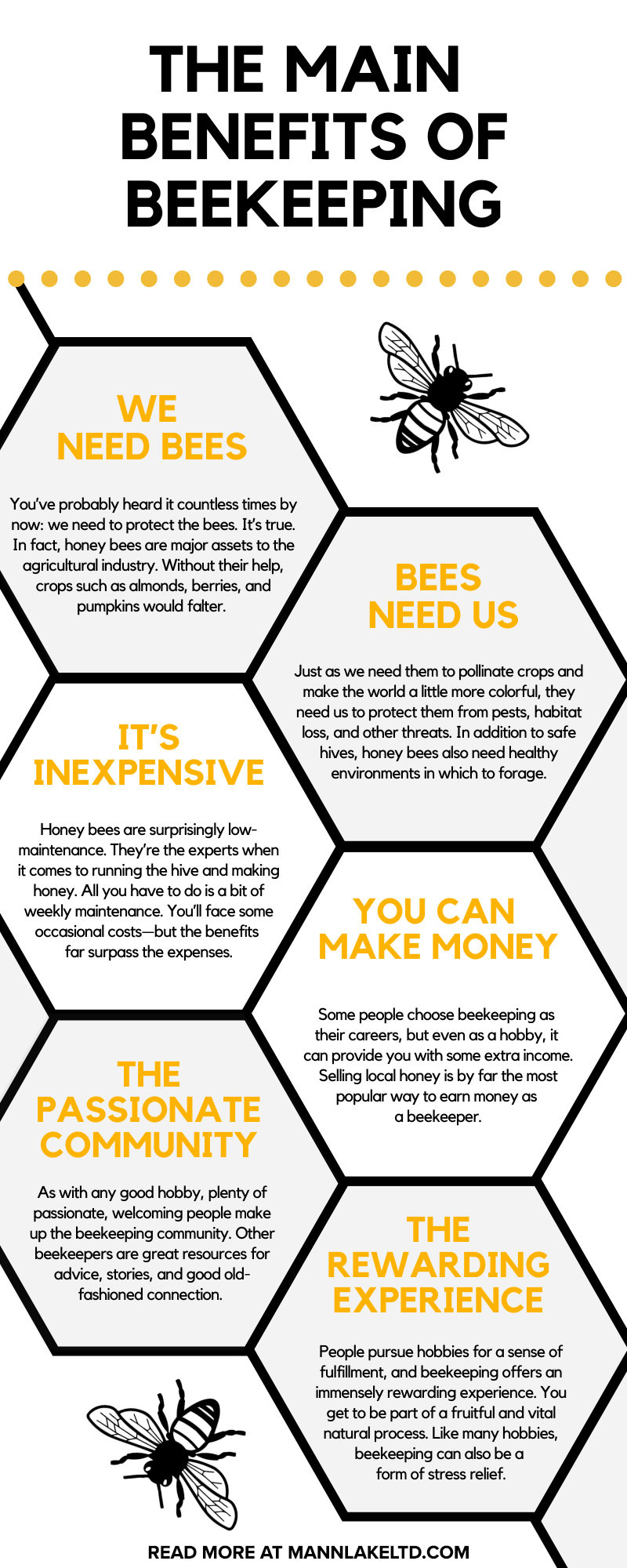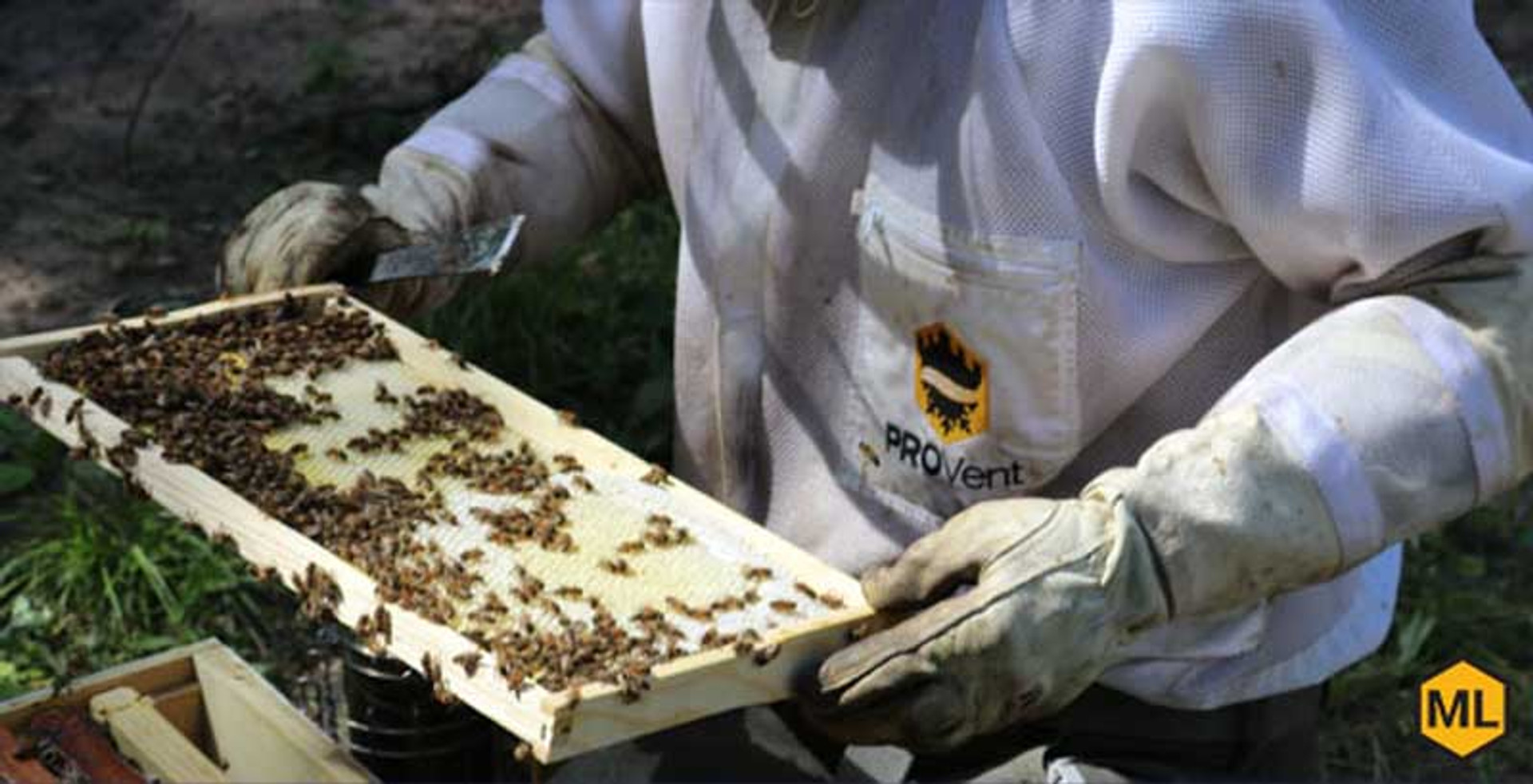The Main Benefits Of Beekeeping
Having a hobby to fill your free time makes your life more fulfilling. Everyone should dedicate part of their days to an enjoyable and rewarding activity that also contributes positively to the world around them.
Beekeeping combines all these things. It takes plenty of hard work, but it also has plenty of amazing upsides.
From providing sweet honey to saving essential members of the environment, beekeeping has something that appeals to everyone, whether it’s for a career, a hobby, or a mix of the two. Here are some of the main benefits of beekeeping that you can enjoy.
We Need Bees
Despite their small size, honey bees are some of the most beneficial creatures in our environment. They’re natural pollinators, which means they help the local flora reproduce and flourish. Honey bees positively influence all kinds of vegetation, from the colorful fields of flowers to your backyard garden and the crops we rely on to feed our society. In fact, honey bees are major assets to the agricultural industry. Without their help as pollinators, crops such as almonds, berries, and pumpkins would falter.
Bees Need Us
Our reliance on bees works both ways. Just as we need them to pollinate crops and make the world a little more colorful, they need us to protect them from pests, habitat loss, and other threats.
Honey bees also need healthy environments to forage. This means safe water sources and plenty of pollen- and nectar-rich plants without pesticides. Beekeepers take on these responsibilities with their bees.
A good beekeeper helps bee populations by carefully caring for their beehives and making sure the surrounding environments are safe for their bees. By providing resources such as bee-friendly gardens or water sources, beekeepers also help local wild bee populations survive.
You Can Make Money
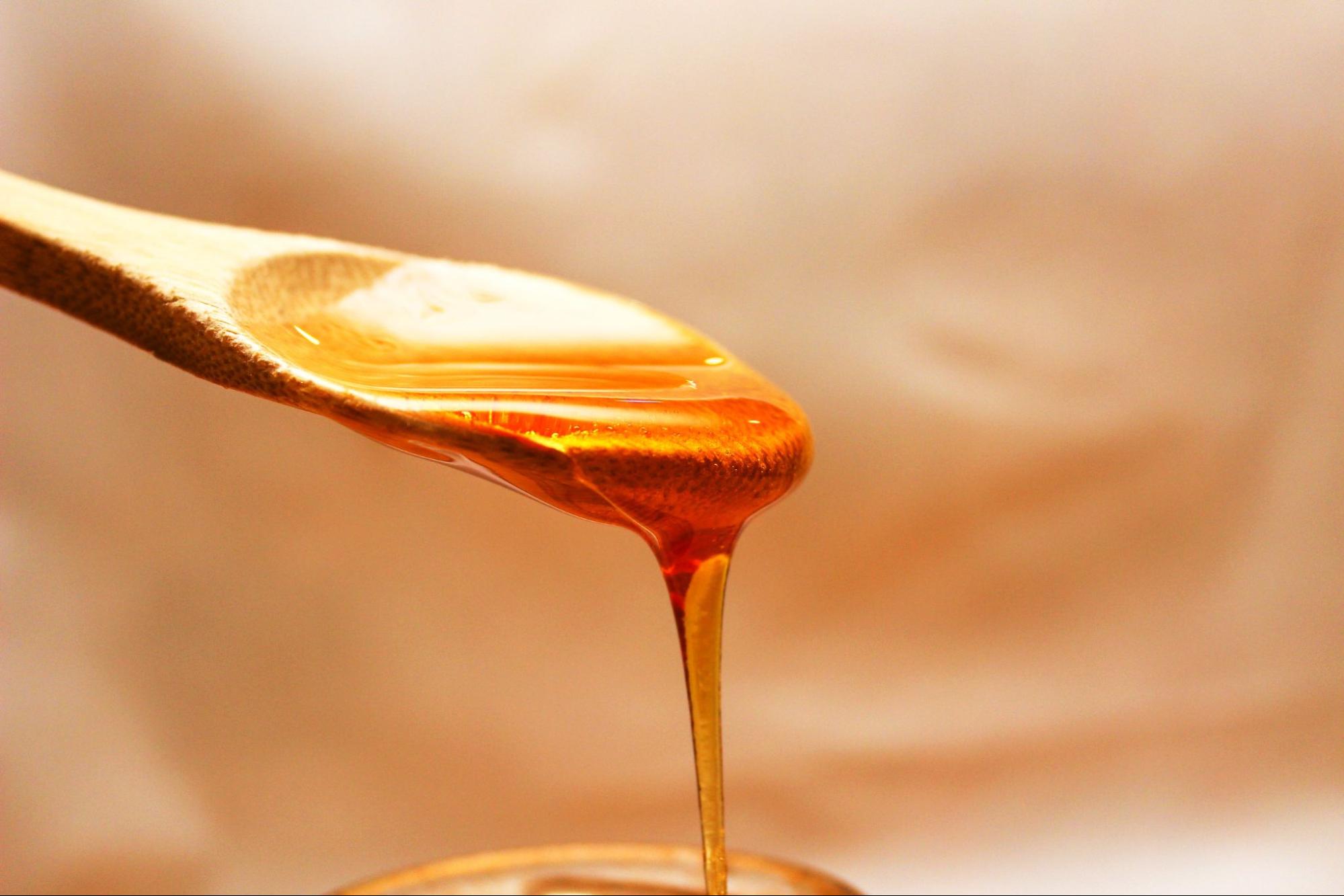
Some people choose beekeeping as their career, but even as a hobby, it can provide you with some extra income. Selling local honey is by far the most popular way to earn money as local beekeepers.
Honey bees make their honey to feed the colonies and to survive the winter. Beekeepers can harvest the surplus honey that bee colonies produce. Fresh, local honey is known for its many health benefits, including soothing coughs and allergies.
It’s also a delicious natural sweetener. Honey isn’t the only thing a beekeeper can sell. Other honey bee products, such as wax, pollen, or propolis, have various uses and health benefits. Beeswax is particularly common in candles, soaps, and other products. Homemade beeswax products can cause quite a stir at your local farmers’ market.
Some beekeepers also sell their bees’ services. Many farmers hire bee colonies for the season to help pollinate their crops.
You’ll Never Stop Learning
Honey bees are downright fascinating creatures, and there’s much to learn about them and their colonies. You might picture a beehive as little more than a welter of stinging insects, but honey bees exist in a complex and structured society.
As you delve deeper into your beekeeping journey, you’ll learn more about the life of honey bees, such as how they’re raised, how beehives function, and how they make honey. From the ways worker bees dance to communicate with each other to the expertise a queen uses to lay hundreds of eggs a day, there’s no end to the fun facts you can learn about your honey bees.
The Passionate Beekeeping Community
As with any good hobby, plenty of passionate, welcoming people make up the beekeeping community. There are beekeeping associations, clubs, and other communities across the country for you to join.
You can also jump into any of the thriving online communities. Other beekeepers are great resources for advice, stories, and good old-fashioned connections. Even if you don’t keep honey bees yourself, you can learn more about the lives of beekeepers and their bees through the community.
It’s a great way to meet new people and decide whether or not you want to start a beekeeping career.
The Rewarding Experience
People pursue hobbies for a sense of fulfillment, and beekeeping offers an immensely rewarding experience. You get to be part of a fruitful and vital natural process.
As a beekeeper, you’ll spend your time caring for the environment and the creatures within it. Like many hobbies, beekeeping can also be a form of stress relief. Many beekeepers find the everyday process of working with their bees familiar and calming.
Beekeeping also gives you a chance to take a break and reconnect with the natural environment around you.
It’s Inexpensive
Keeping bees involves some startup costs as you procure your protective gear, hive kits, and other beekeeping supplies. However, once you get going, honey bees are surprisingly low-maintenance.
They’re the experts when it comes to running the hive and making honey. All you have to do is have weekly maintenance. You’ll expend some extra energy when it comes time to harvest your honey or insulate the hive for winter.
You’ll face some occasional costs, such as purchasing new equipment or buying a new queen or colony, but the benefits of beekeeping far surpass the expenses.
Boosts Mental Well-Being
Beekeeping practices offer valuable benefits to mental health, acting as a form of therapy for the mind. The careful attention and observance required to manage a hive are mindful activities and serve to take one’s mind off everyday stresses, helping relieve anxiety and depression symptoms.
Whether it’s pinpointing the queen in her hive or simply watching these industrious creatures in their daily tasks, beekeeping can provide a calming, meditative respite from the hustle and bustle. It can lower stress levels, improve focus, and leave you feeling peaceful and grounded.
Enhances Garden Health
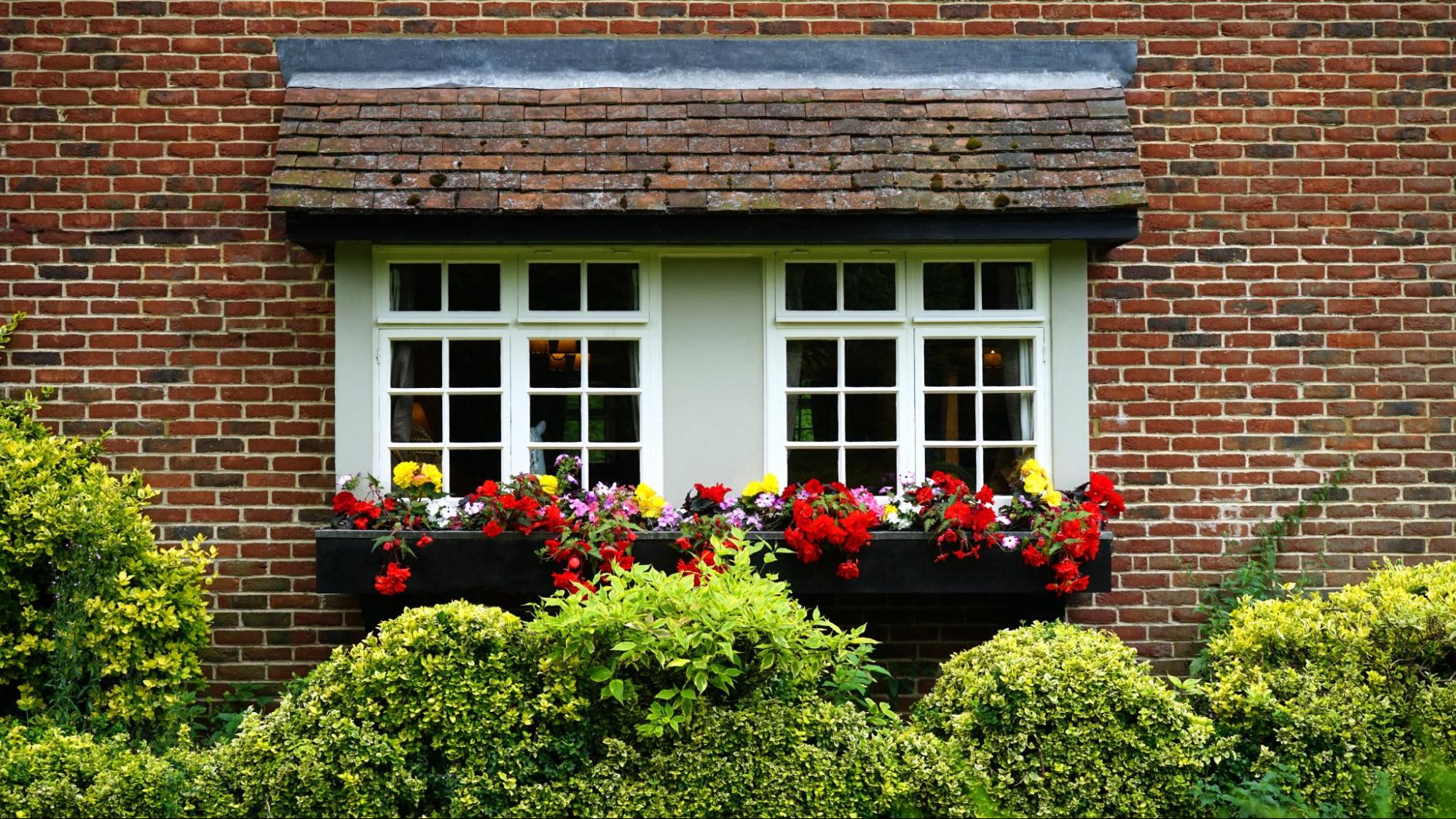
Aside from the personal benefits of beekeeping, it can also significantly enhance the health and prosperity of your own and nearby gardens. As natural pollinators, bees play a crucial role in the reproduction of plants.
A strong local bee population, driven by your beekeeping efforts, can lead to a dramatic increase in the color and yield of local gardens. Fruits such as apples, cherries, and cucumbers, in particular, show markedly increased production in the presence of bees.
By maintaining a hive, you’re also indirectly contributing to the vibrant, varied flora in your and your neighbors’ gardens.
Promotes Environmental Sustainability
Beekeeping isn’t just good for us and our immediate surroundings—it’s good for the planet, too. At its core, keeping bees promotes environmental sustainability.
By nurturing and increasing honey bee populations, we help ensure the continuation of plant species through pollination. Each hive contributes to global biodiversity, adding to ecological balance.
As a beekeeper, you can become an advocate for these remarkable creatures, educating others in your community about the critical role bees play in our environment and the urgent need to protect them.
It’s Physically Engaging
Beyond being a mental exercise and a hobby, beekeeping is also physically engaging. From the initial setup of the hive and maintaining a clean and safe environment for the bees to the manual labor of honey harvesting, beekeeping keeps you active.
Regular and moderate levels of physical activity can improve cardiovascular health, strengthen muscles, and enhance flexibility, among other health benefits.
Promotes Healthy Eating
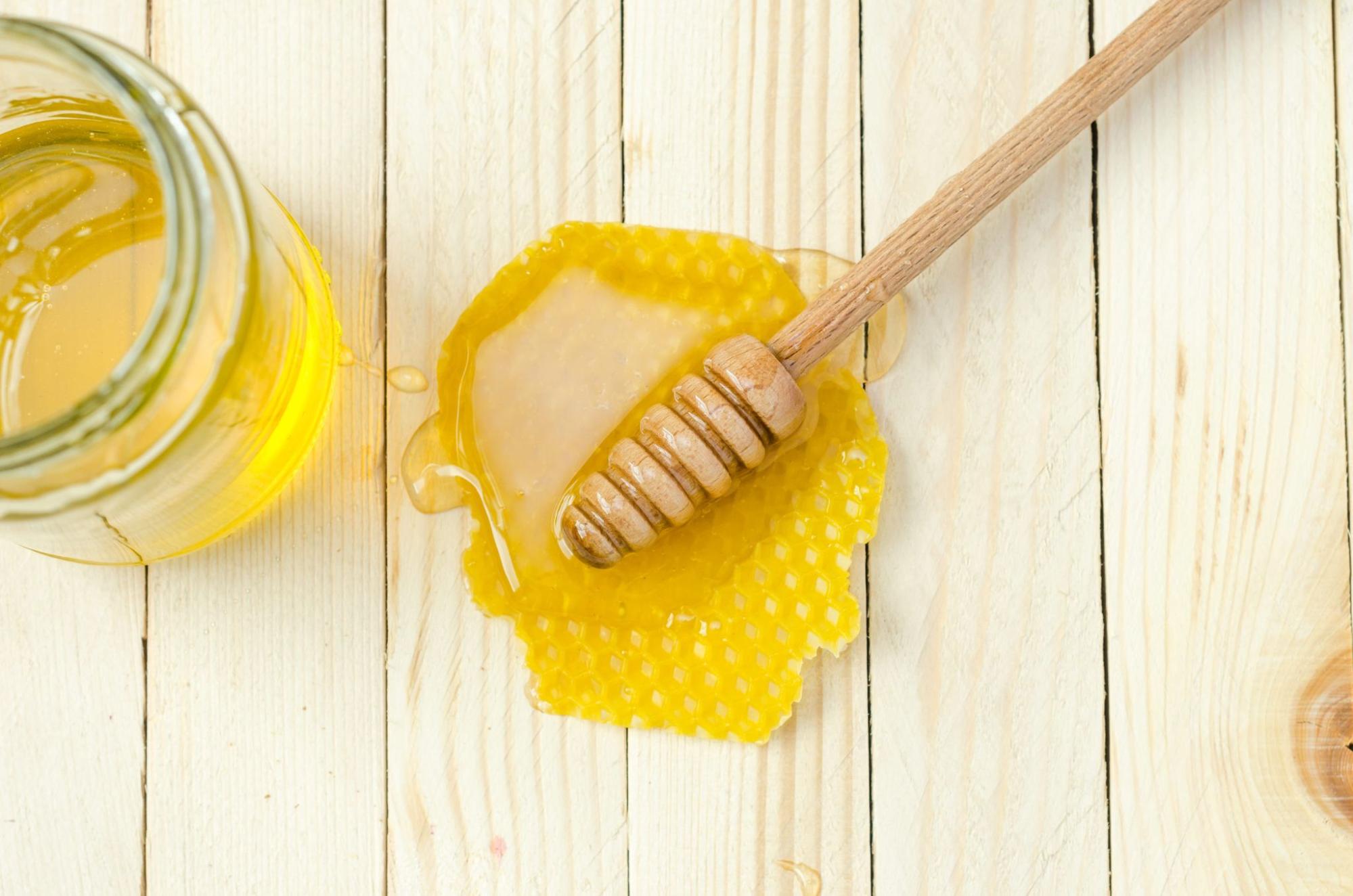
Becoming a beekeeper can encourage healthier eating habits. Having access to your very own supply of honey can revolutionize your diet. Honey, especially when fresh from the hive, is chock-full of antibacterial and anti-inflammatory properties.
It’s also an excellent source of antioxidants, which can help protect your body from cell damage due to free radicals. Including honey in your everyday meals is a much healthier choice than refined sugars and artificial sweeteners that are commonly used.
Plus, the honey you harvest is not just good for your physical health. Knowing that it comes from your hard work makes it extra rewarding.
Helps Local Economy
Embracing beekeeping doesn’t just help you, the bees, and the environment—it can also benefit your local economy. By selling your locally produced raw honey and other bee products, you’re providing valuable goods and contributing to your local economy.
Consumers worldwide are becoming more mindful of the source of their food. Local farmers and small-scale producers are gaining popularity for their organic and sustainable methods. Plus, when you support local businesses by buying necessary supplies, you’re also contributing to a sustainable circular economy.
You Get to Share the Love
One of the best parts of beekeeping is that you don’t have to keep it to yourself. From #savethebees trending on social media to regulations banning the use of pesticides, more and more people catch the buzz about bees every day.
You can be part of the movement. Offer tours of your beehives or visit classes and groups to discuss the benefits of beekeeping. By teaching others, you can help dismantle some of the misconceptions about honey bees that can lead to harmful behaviors toward bee populations. Use your hobby to pass along what you learn so that others can experience the benefits and joys of beekeeping.
Beekeeping: A Rewarding Endeavor for All
Whether you’re a seasoned pro, hobbyist or just starting out, beekeeping has many perks and rewards for everyone who tries it. What’s your favorite part of being a beekeeper?
